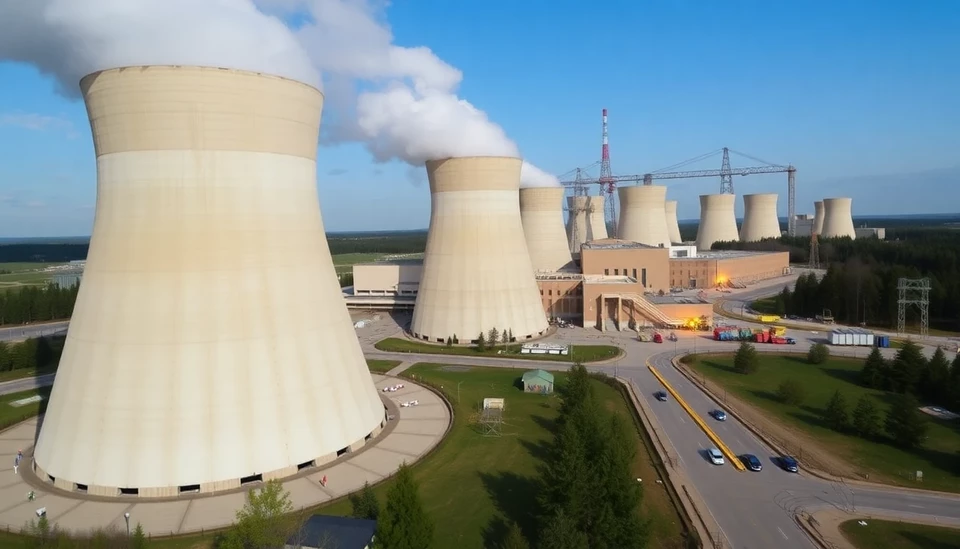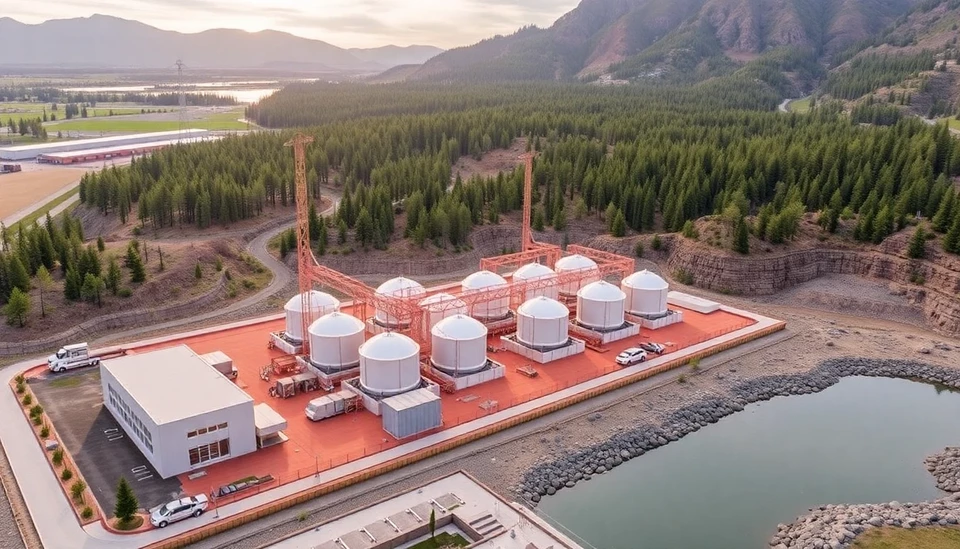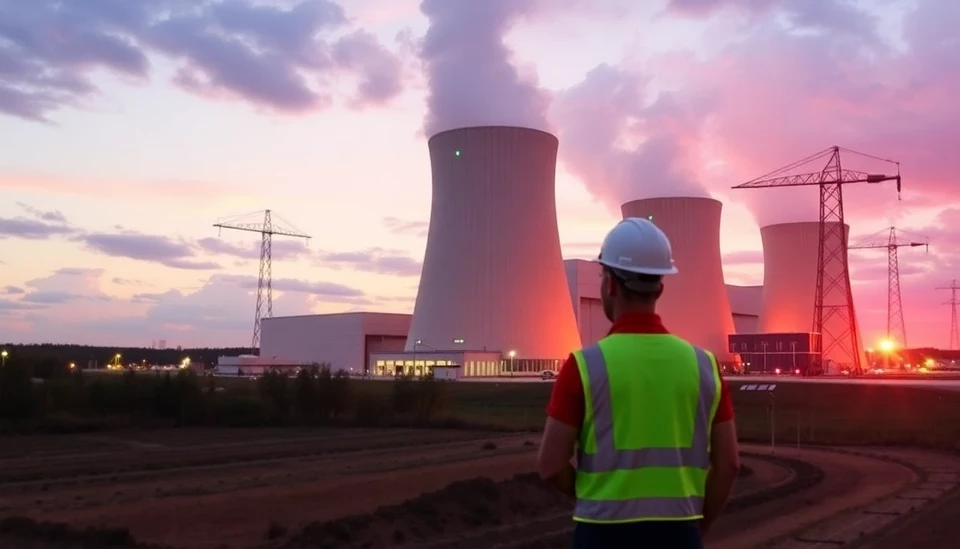
The U.S. Nuclear Regulatory Commission (NRC) has announced a groundbreaking initiative aimed at accelerating the approval processes for cutting-edge nuclear reactor designs. This move comes as part of a broader strategy to enhance the nation’s energy security and promote the development of innovative nuclear technologies, which are seen as pivotal in the fight against climate change.
NRC Chairman Christopher T. Hanson stated that the regulatory body is working to streamline processes and implement more efficient regulatory frameworks that can keep pace with advancements in nuclear technology. This initiative underscores the U.S. government's recognition of nuclear energy's crucial role in achieving a carbon-neutral future.
The new approach focuses on several key areas, including enhancing communication between the NRC and reactor developers, creating standardized processes, and reducing the regulatory burden associated with the approval of new designs. By optimizing these areas, the NRC aims to cut down the approval timeline, which has historically been lengthy and complex.
Advancements in nuclear technology, such as small modular reactors (SMRs) and advanced reactor designs, promise to deliver safer, more efficient, and flexible energy solutions. These innovations not only have the potential to provide a reliable power supply but also to reduce the environmental impact associated with energy production. The NRC's shift in focus aligns with the growing interest in nuclear energy as a sustainable alternative to fossil fuels.
This regulatory overhaul is particularly relevant as more and more companies are investing in the development of next-generation nuclear technology. In recent years, startups and traditional utility companies alike have been racing to bring their advanced reactor designs to market.
Furthermore, the initiative coincides with an increasing public and governmental push toward decarbonization, with many viewing nuclear energy as a vital contributor in accomplishing emissions reduction goals. As the administration seeks to stimulate clean energy sources, the NRC's new regulatory strategies aim to eliminate the bottlenecks that have encumbered the sector for years.
Industry experts have welcomed the NRC's plans, expressing optimism that a smoother path to approval could foster innovation and investment in nuclear technologies. “This is a significant step toward revitalizing the U.S. nuclear sector,” said Dr. Lizzie Turner, a nuclear engineering expert. "It signals to investors and innovators that the government is committed to supporting advancements in nuclear science.”
As this initiative unfolds, the NRC is also keen on balancing efficiency with the paramount need for safety. As such, the commission plans to maintain rigorous safety standards throughout the approval process to ensure public and environmental protection remains at the forefront.
Overall, the NRC's pursuit of a more efficient regulatory process reflects an evolving landscape around energy production and consumption in the U.S. It signals a determined effort to harness the potential of nuclear power in a modern, sustainable energy portfolio aimed at addressing the pressing challenges of climate change.
With a renewed focus on nuclear energy, the U.S. may find itself on the brink of a nuclear renaissance, one that could substantially reshape the nation’s energy landscape and position it as a global leader in nuclear technology innovation.
As developments continue, stakeholders in the energy sector will be watching closely to see how these regulatory changes impact the future of nuclear energy in the United States.
#NuclearEnergy #USRegulatoryCommission #GreenEnergy #NuclearReactors #ClimateChange #EnergyInnovation #SustainableEnergy
Author: Sophie Bennett




